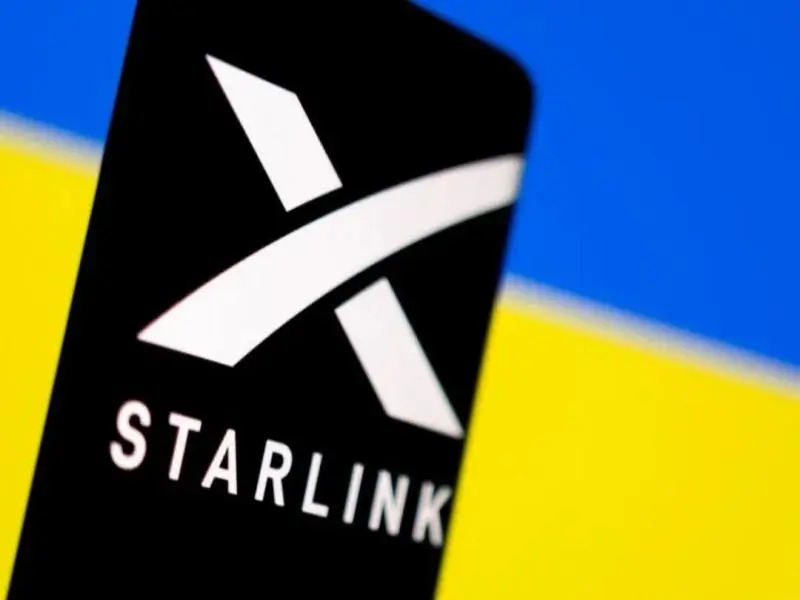- The decision by the Brazilian top court to unfreeze the bank accounts of Starlink and X signals a positive development for the operations of both companies in Brazil.
- While the unfreezing of Starlink’s accounts provides short-term relief in Brazil, the future for X remains uncertain, signalling the need for ongoing dialogue with the government and potential legal challenges ahead.
OUR TAKE
The event surrounding the unfreezing of Starlink and X’s accounts not only reflects the multiple challenges related to freedom of speech, corporate responsibility, and foreign company operations, but also sheds light on the complexities of power struggles between governments, businesses, and technology companies. The impacts of this event may extend to the operations of global digital platforms in Brazil and other countries, calling for collaborative efforts to seek resolutions that balance freedom of speech, business development, and governmental regulation.
–Rebecca Xu, BTW reporter
What happened
Brazil’s Supreme Court Justice Alexandre de Moraes has decided to unfreeze the bank accounts of Starlink and X, following the transfer of $3.3 million to the national treasury.
The judge has ordered access to the X social media platform blocked in Brazil, its sixth-biggest market, after X failed to comply with orders to block some accounts accused of spreading “fake news” and hate messages that the judge said were a threat to democracy. Musk, in turn, has challenged those orders, calling them “censorship.”
Despite the fine being addressed, the ban on X in Brazil remains in place as the company has yet to appoint a local legal representative as required by law. The decision to unfreeze the accounts came after the court confirmed the receipt of the total amount owed in fines, signalling a temporary resolution to the financial aspect of the dispute.
Also read: Starlink backtracks, complies with order blocking X in Brazil, says regulator
Also read: US court upholds FCC’s approval of SpaceX’s Starlink expansion
Why it’s important
Firstly, the incident has triggered discussions on freedom of speech and accountability of digital platforms. X has been accused of spreading fake news and hate speech, sparking debates on whether platforms should bear more responsibility for the content posted by users. The court decision in Brazil could influence how other digital platforms operate in the country and may pose new challenges for global digital platform regulation.
Secondly, the event has revealed the challenges faced by foreign companies operating in Brazil. X is a major player in the Brazilian market and its business size is significant in the country. However, the Brazilian government has required X to comply with local laws, including appointing a local legal representative. Foreign companies need to adapt to different laws and regulations in various countries to avoid conflicts with local governments and judicial bodies.
The incident also highlights power struggles between governments and businesses. Judge Moraes imposed the freeze on X’s accounts and ordered a substantial fine to be paid to the national treasury. In this power struggle, there are conflicting interests between businesses and governments, with the discord between X and the Brazilian government exposing differing viewpoints on freedom of speech and media regulation.

